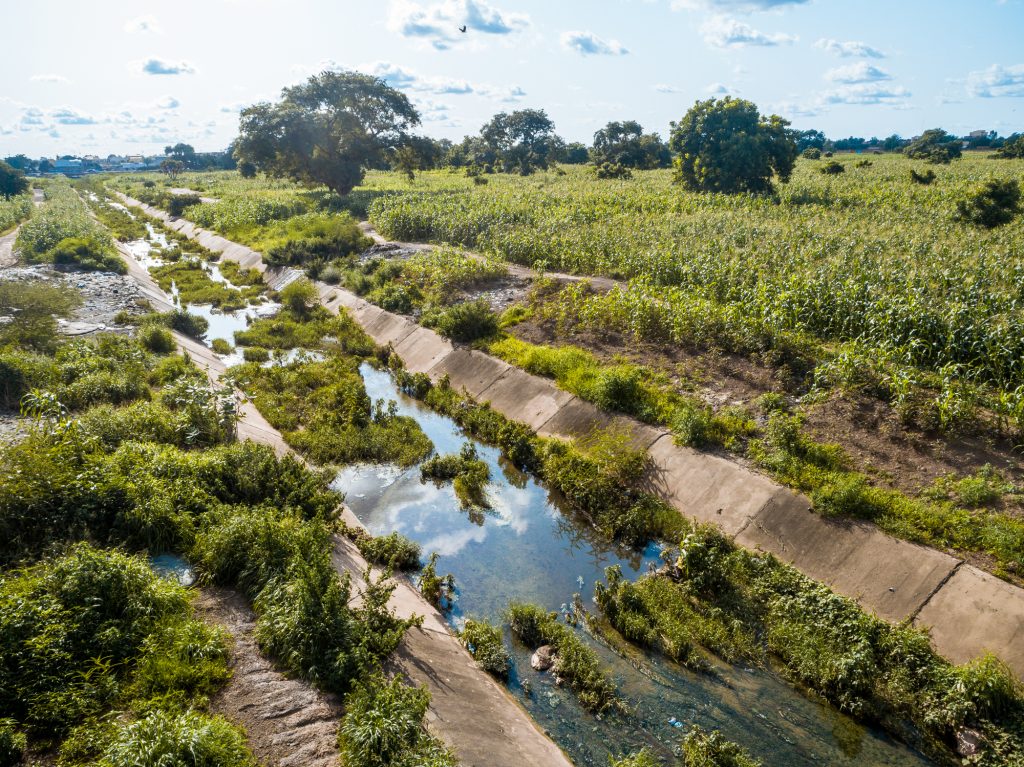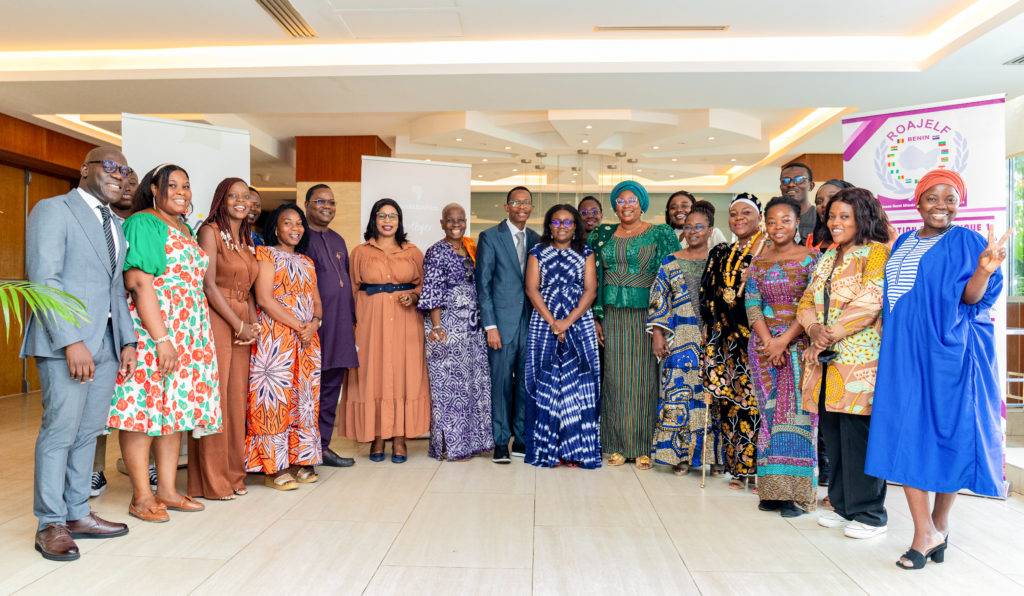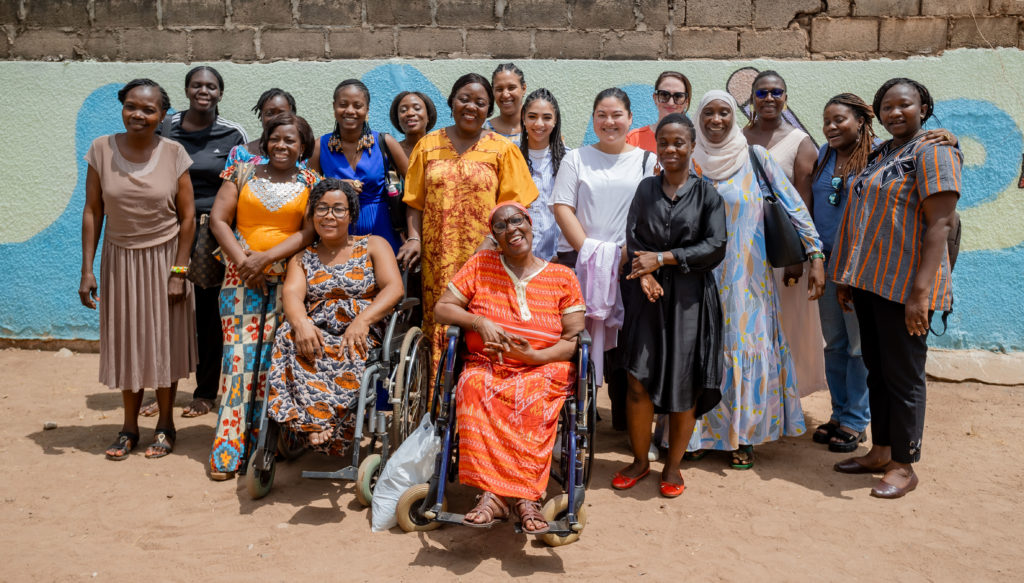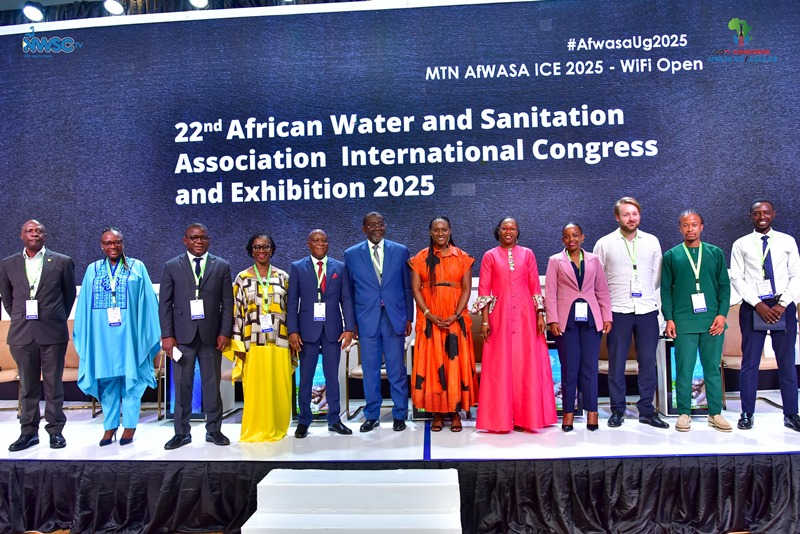Working with partners to raise the profile of non-sewered sanitation and fecal sludge management in francophone Africa

Determined to touch as many people as possible, Speak Up Africa’s advocacy work includes building partnerships with organizations that share similar visions for sustainable development in Africa. This has included, since 2017, working with Niyel, a Dakar-based advocacy and public affairs organization, to extend our reach to more West African countries and support other public health advocates in launching sustainable and impactful sanitation campaigns.
The project, the West African Sanitation Policy and Advocacy Activator (WASPAA), funded by a grant from the Bill and Melinda Gates Foundation, focuses on increasing access to and use of non-sewered sanitation (NSS) in three francophone countries (Senegal, Ivory Coast and Burkina Faso), contributing to health, economic and gender equality outcomes for the region’s underserved.
Undertaking a three-tiered model as the cornerstone for accelerating results, Speak Up Africa and Niyel are using the WASPAA project to target direct improvement in the lives of people living in select urban centers, working towards an enabling policy environment at the national level and committing to strengthening non-sewered sanitation in Africa’s growing cities.
This has called for identifying immediate opportunities for scaling up and undertaking a detailed approach to accomplish the objectives of the project including:
● Encourage the development of appropriate policies, regulations and institutional frameworks.
● Identify, at the city, regional and country levels, partners to move governments and key stakeholders to implement fecal sludge management (FSM) solutions in addition to sewers.
● Expand the role for the private sector in service delivery and treatment operations.
● Build a portfolio of success in utilizing a viable resources and results approach with monitoring mechanisms.
● Continue to press on harmonization and alignment issues, with a focus at the regional, country and community levels.
● Intentionally look for opportunities to stress women empowerment at every level identified.
● Aggressively leverage emerging experiences and lessons.
Embedded in these key approaches is the necessity for an astute political analysis of the region, an ability to spot opportunities for engagement, to move swiftly and to be able to be flexible in the strategies used for different targets in different contexts.
Additionally, to further meet the goals of the project, duties have been divided, to leverage the strengths and core expertise of both organizations, with Speak Up Africa taking the lead on activities pertaining to the engagement of regional associations, increasing media coverage of sanitation issues, raising the profile of NSS and FSM at the city level, and managing the Opportunity Fund, a new fund, proposed through the project, to support civil society organizations in their advocacy work.
Niyel will focus on creating and crystallizing a strong network of high level political and public influencers that will push the FSM agenda at the regional level, building the capacity of civil society organizations to help them develop regional strategies, and ensuring that at least three countries in West Africa establish a minimum set of urban sanitation policies with NSS and FSM guidelines that are inclusive and gender-sensitive.
Although, each organization will engage through the project on specific tasks, both Niyel and Speak Up Africa will work in full transparency, sharing information, to ensure the project is coherent and consistent.


